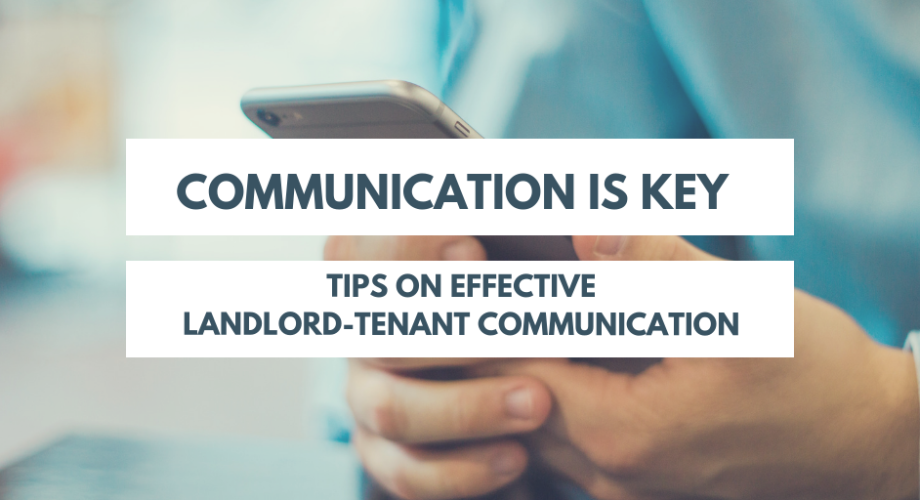
How Residents and Managers Can Communicate Professionally
Effective and polite communication is crucial in a work environment to foster positive and healthy relationships and ensure efficient collaboration. Here are some tips on how to communicate politely within a work environment with your landlord, property manager, and tenants.
- Use Proper Greetings:
- Start your communication with a polite greeting, such as “Hello,” “Hi,” or “Dear [Name].” Tailor your greeting based on the formality of the communication and the relationship.
- Be Mindful of Tone:
- Pay attention to the tone of your communication. Avoid using aggressive or confrontational language. Choose words that convey your message clearly without being offensive. When sending an email, if the tone is rude, it can be read as rude which doesn’t make people willing to help out the issue any faster. The old saying you get more flies with honey” is true. If you want something done soon, being nice will make that happen versus using threatening or rude words and tone.
- Choose Appropriate Language:
- Use professional and appropriate language in all communications. Avoid slang or overly casual language, especially in written communication. Avoid using rude aggressive language, threatening, or otherwise inappropriate.
- Be Clear and Concise:
- Clearly express and detail your issues and what you need. Be concise and to the point to avoid misunderstandings. Use bullet points or numbered lists for complex information to enhance clarity.
- Use “Please” and “Thank You”:
- Incorporate polite expressions like “please” and “thank you” in your requests and acknowledgments. This simple courtesy goes a long way in creating a positive and respectful atmosphere and getting people to listen.
- Respect Others’ Time:
- Be mindful that everyone has a lot going on and that you aren’t the only person that they are working with. If you need time for a meeting or discussion, request it in advance and be punctual. Value their time as much as you value your own. Be understanding that it takes time to resolve issues and that while the issue is being worked on for you, that delays happen and are out of everyone’s control.
- Apologize When Necessary:
- If you make a mistake, send a rude message, or otherwise aren’t nice, promptly acknowledge it and apologize. Taking responsibility for errors demonstrates accountability and professionalism.
- Show Empathy:
- Acknowledge and show empathy towards the feelings and perspectives of others. This helps build positive relationships and fosters a supportive work environment.
By incorporating these communication practices into your interactions with both the tenants and managers, you contribute to a positive and respectful atmosphere, promoting and building strong professional relationships which is what exists between a tenant and manager.




